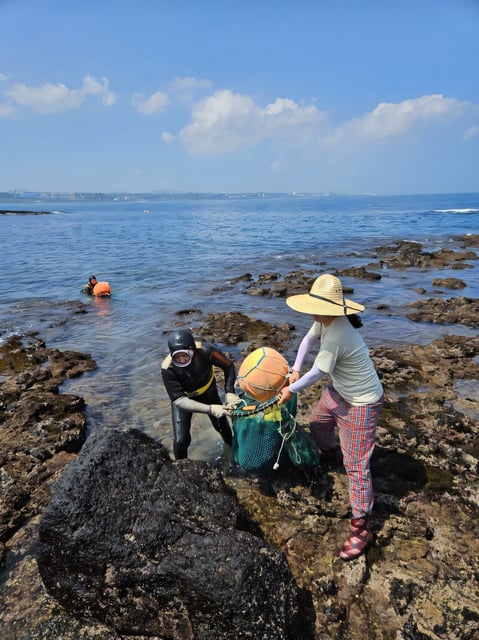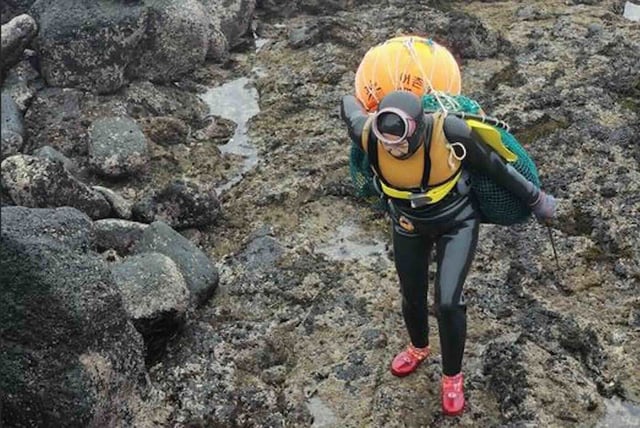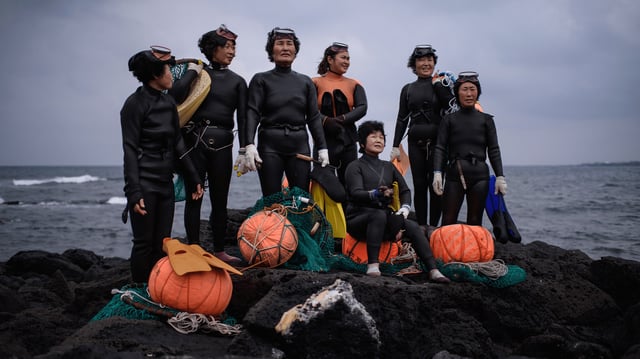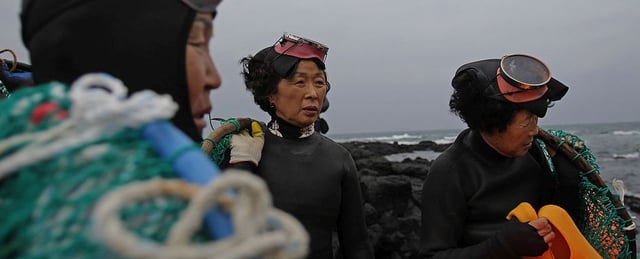Overview
- A study published on May 2, 2025, in *Cell Reports* highlights genetic adaptations in Jeju's Haenyeo divers, including variants linked to cold tolerance, reduced diastolic blood pressure, and red blood cell regulation.
- Haenyeo divers exhibit pronounced bradycardia—a significant slowing of heart rate during dives—attributed to lifelong training rather than genetics.
- The research suggests that lower blood pressure adaptations may have evolved to protect divers and their unborn children during pregnancy, mitigating risks like preeclampsia.
- Jeju Island residents, including non-divers, share these genetic traits, which may contribute to the region's notably low stroke mortality rates.
- The findings open avenues for medical research into hypertension and stroke treatments while documenting the physiological legacy of a declining cultural tradition.



